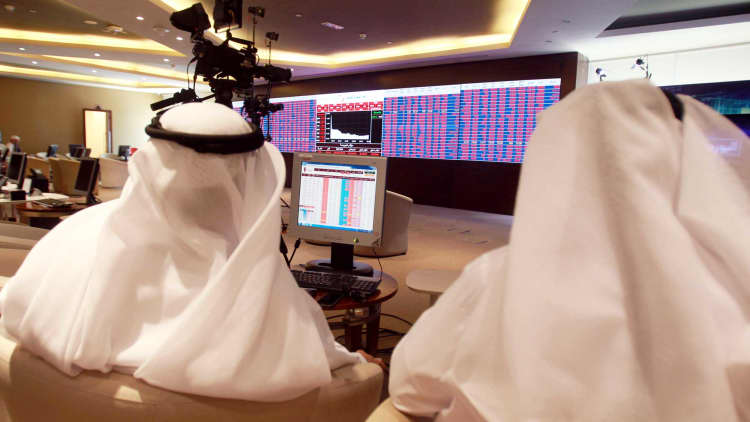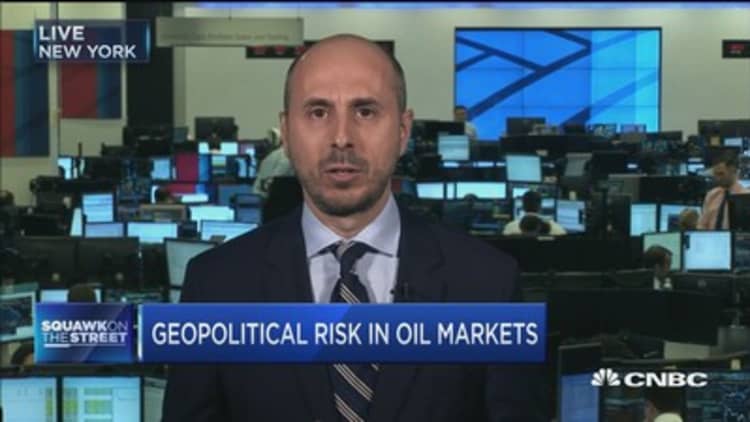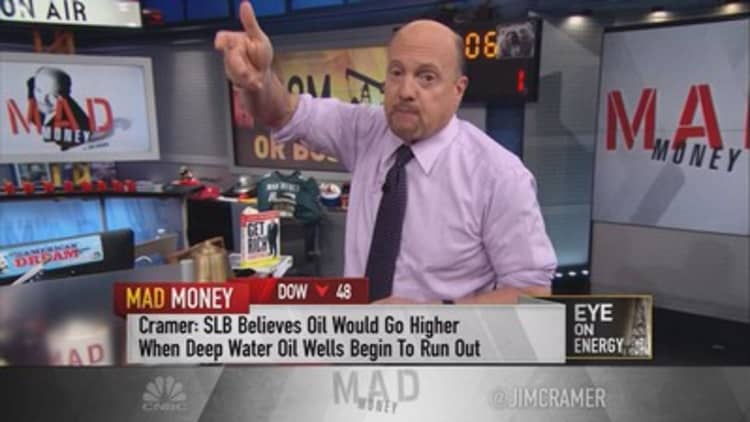
Oil prices slid nearly 5 percent on Wednesday after the U.S. government reported an unexpected increase in crude inventories, fanning fears that output cuts by major world oil producers have not drained a global glut very much.
Crude stocks in the United States grew 3.3 million barrels to 513 million barrels, according to the U.S. Energy Information Administration (EIA). That confounded forecasters who had predicted a drop of 3.5 million barrels, especially a day after preliminary data from the American Petroleum Institute indicated an even bigger drop.
Gasoline inventories also unexpectedly rose, imports increased, and exports dropped, the EIA data showed.
Brent crude prices were at $48.27 per barrel at 2:35 p.m. ET (1835 GMT), down $1.85, or 3.7 percent. U.S. light crude prices were at $45.72 per barrel, down 5.1 percent.

Gasoline stocks rose by 3.3 million barrels, compared with analysts' expectations in a Reuters poll for a 580,000 barrels gain. Distillate stockpiles, which include diesel and heating oil, rose by 4.4 million barrels, versus expectations for a 281,000 barrels increase, the EIA data showed.
The EIA data also showed a drop in gasoline demand of about a half million barrels a day, a surprising development given that the data reflected the start of the summer driving season following the Memorial Day holiday.
U.S. gasoline futures fell about 3.7 percent after the data was released.
Oil futures had already been lower earlier on Tuesday on renewed concerns about the efficacy of OPEC-led production cuts, as tensions rose within the export group over Qatar and U.S. output continues to grow.
The U.S. Energy Information Administration (EIA) said on Tuesday U.S. crude oil production could hit a record 10 million bpd next year, up from 9.3 million bpd now, putting it nearly on a par with top exporter Saudi Arabia.
In the nearer term, with fuel production and consumption largely balanced according to the EIA, the market is focused on inventories, which remain bloated.

The Organization of the Petroleum Exporting Countries and other exporters have pledged to cut almost 1.8 million barrels per day (bpd) to help reduce global inventories to their five-year average.
Both Brent and U.S. crude are about 10 percent below their open on May 25, when OPEC and the producers agreed to extend oil output cuts to the first quarter of 2018.
"The market just has to be patient," said Bjarne Schieldrop, chief commodities analyst at SEB Markets, adding that a gradual reduction in inventories would support prices without the kind of price spike that would drive U.S. shale production higher.
"We think inventories are going to be close to normal by the end of the year," he added.
But analysts saw a risk that rivalries between OPEC members could weaken the production cut agreement. Some Arab states, including OPEC members Saudi Arabia and the United Arab Emirates, cut diplomatic and transport ties with Qatar, a small producer.
The spat adds to other lingering doubts about whether the agreement will be enough to support prices.

Royal Dutch Shell has lifted force majeure on exports of Nigeria's Forcados crude oil, bringing all of the country's oil exports fully online for the first time in 16 months.
But Qatar's isolation has also caused trade disruptions that offered some short-term support for oil prices, analysts said.
"Port restrictions on Qatari flagged vessels are going to cause loading disruptions," said Jeffrey Halley, analyst at brokerage OANDA, adding this could "put a floor on crude in the short-term rather than starting a panic rally."
Kuwait's ruler Sheikh Sabah Al-Ahmad Al-Jaber Al-Sabah is traveling to Dubai in the United Arab Emirates, state news agency KUNA reported. The visit is part of the emir's effort to mediate the inter-Arab row.
— CNBC's Tom DiChristopher contributed to this report.

